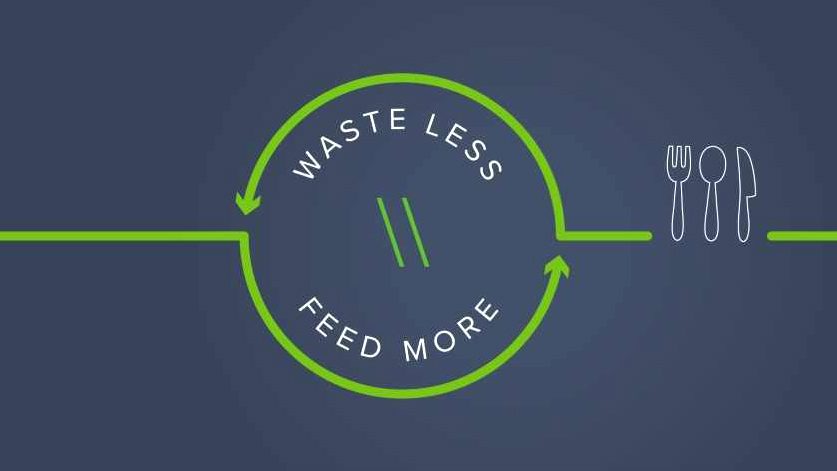SUMMARY
This is AI generated summarization, which may have errors. For context, always refer to the full article.

MANILA, Philippines – In Atlanta, a year-old startup is attempting to change the way restaurants, caterers, and other food businesses deal with leftovers.
Leftover food, traditionally, is merely disposed of even if it’s still fit for human consumption. Food businesses, more often than not, will have perfectly good leftover food, food supplies, or ingredients that they may not be able to use the next day or at the next event. They’re thrown away.
That’s where Goodr comes in. Established by American Jasmine Crowe in January 2017, Goodr is a food waste management company that’s presenting a feasible, less wasteful alternative for dealing with leftovers.
Instead of leftovers going straight to the dump, Goodr redirects the food from businesses into organizations and communities that may distribute it to the needy. It’s laying down a logistical highway for food destined for the dump to reach more mouths and nourish bodies.
Crowe, talking to US business magazine Fast Company, describes the leftover problem, in the US at least, as a logistical issue: there is indeed food to go around, but businesses haven’t set up a system to channel the food toward charity, and the needy don’t always have the means to get to a welfare center where food is distributed. This is the puzzle that Goodr is trying to sort out.
Fast Company reported how the app is doing so. Through the app, a business can signal to Goodr that they have surplus food ready to be picked up. The company picks up the food, and records the transaction through its own blockchain – a fully transparent, unalterable digital ledger – where the donors can see where their food went.
Since starting, Goodr claims to have redirected around 900,000 pounds of food in Atlanta, and plans to expand to another city soon.
Food businesses in the city are said to be availing of the service because the system makes some financial sense: the food can be written off as donations, resulting in tax deductions, and the companies pay smaller waste disposal fees.
Crowe said a company saves $14 for every dollar spent on her company’s services – the costs of which range from $2,500 to $15,000 a month, currently earning them $30,000 in monthly revenues.
Goodr is certainly young and one whose ability to scale will be put to the test, but it’s certainly promising – not only in a business sense, but in presenting a novel and potentially effective way of easing food problems in the modern world. – Rappler.com
Add a comment
How does this make you feel?
There are no comments yet. Add your comment to start the conversation.